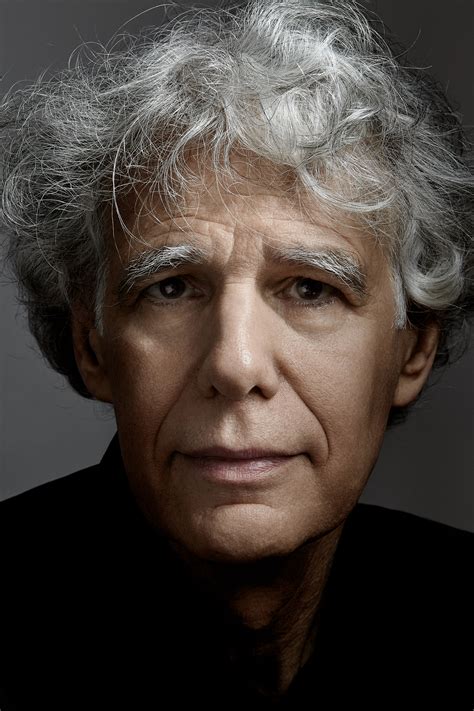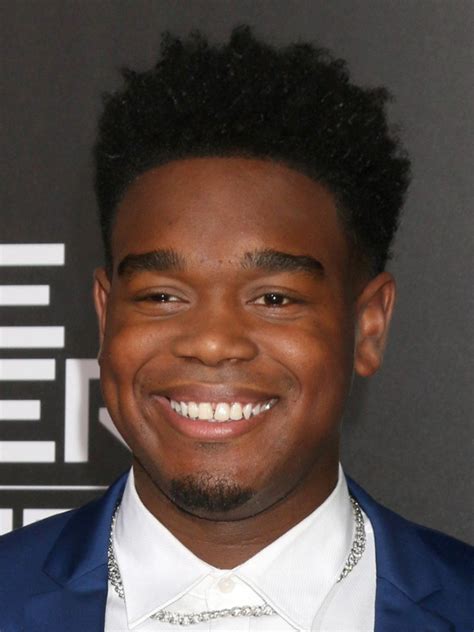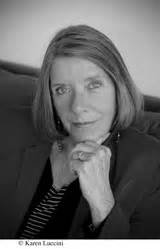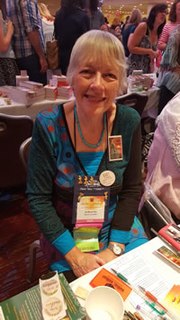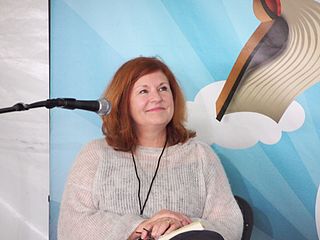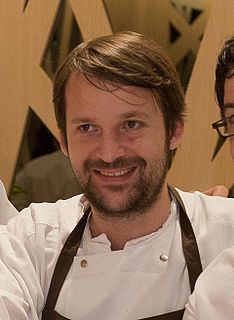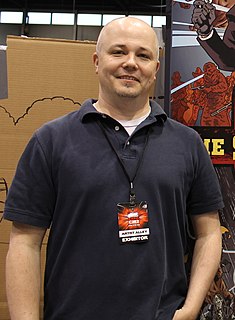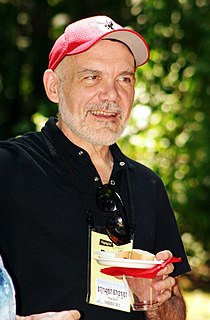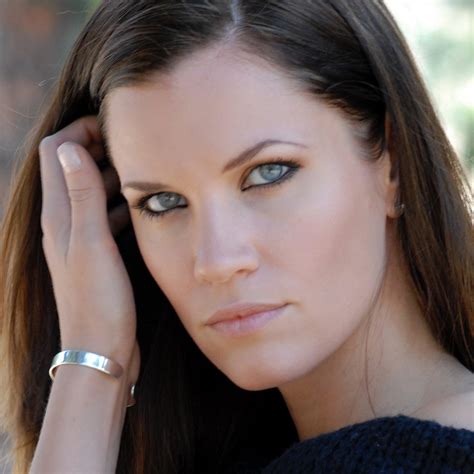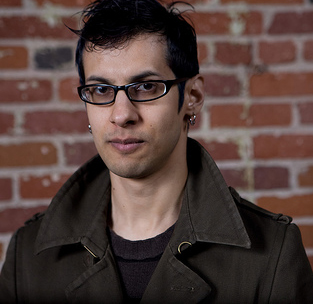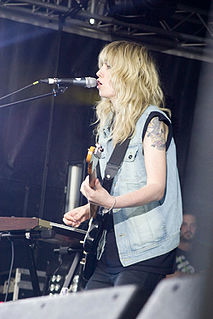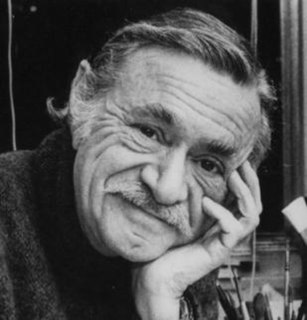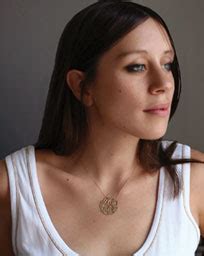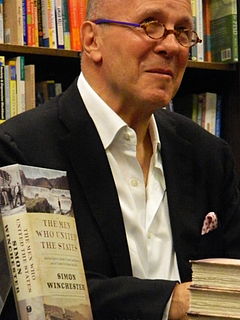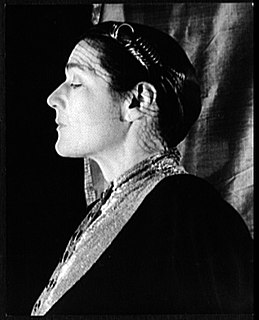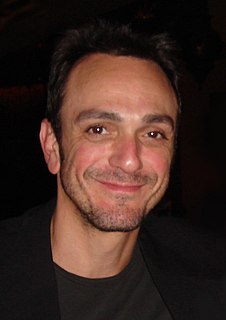Top 1200 Writing A Book Quotes & Sayings - Page 18
Explore popular Writing A Book quotes.
Last updated on November 20, 2024.
I believe in books. And when our people [coughing] - our people of Jerusalem, let's say after the Romans destroyed the temple and the city, all we took is a little book, that's all. Not treasures, we had no treasures. They were ransacked, taken away. But the book - the little book - and this book produced more books, thousands, hundreds of thousands of books, and in the book we found our memory, and our attachment to that memory is what kept us alive.
Corliss wondered what happens to a book that sits unread on a library shelf for thirty years. Can a book rightfully be called a book if it never gets read? If a tree falls in a forest and gets pulped to make paper for a book that never gets read, but there's nobody there to read it, does it make a sound?
I wrote "Win" for people on both sides, legitimately on both sides. If you're a Democrat listening to this right now, you - the whole playbook is in this book. If you're a Republican, and you're frustrated because Barack Obama is a great communicator, the playbook is in this book. And if you're a corporation who wants to satisfy his - their employees, how to do it is in this book. And finally, if you're an employee and you want to get a raise, whether at NPR or anyplace else, it's in this book.
My writing is of a very different kind from anything I've heard about. All this mythological material is out there, a big gathering of stuff, and I have been reading it for some forty- or fifty-odd years. There are various ways of handling that. The most common is to put the material together and publish a scholarly book about it. But when I'm writing, I try to get a sense of an experiential relationship to the material. In fact, I can't write unless that happens ... I don't write unless the stuff is really working on me, and my selection of material depends on what works.
I remember writing a song when I was about 15. This is the one I can remember. I know I'd been writing poetry for a long time, since I was about eight, but I remember my first one that I put to chords. I was really trying to be like the psychedelic era Beatles, I was obsessed. All I could think about was Beatles and Hendrix. So I tried to write a psychedelic song, and it was the worst. I couldn't even... If I read it now - I still have the book somewhere - it makes me cringe out loud. It was just about psychedelic stuff.
It's not about you, it's about the next person. The single best use of a business book is to help someone else. Sharing what you read, handing the book to a person who needs it... pushing those around you to get in sync and to take action-that's the main reason it's a book, not a video or a seminar. A book is a souvenir and a container and a motivator and an easily leveraged tool. Hoarding books makes them worth less, not more.
To me, one of the greatest triumphs in doing a book is to tell the story as simply as possible. My aim is to imply rather than to overstate. Whenever the reader participates with his own interpretation, I feel that the book is much more successful. I write with the premise that less is more. Writing is not difficult to me. I read into a tape recorder, constantly dropping a word here and there from my manuscript until I get a minimum amount of words to say exactly what I want to say. Each time I drop a word or two, it brings me a sense of victory!
Some writers are writing one great, big book and just taking all these different avenues towards it. They might seem on the outside to be different, but they're really not. And that's a different kind of mindset. I don't know why it is, but I just feel like I really want to escape myself as much as I can - myself as the artist, or as the writer, or as the thinker - with each new project, because one, it's just boredom, but also, I guess I just feel most comfortable starting a new book if I just feel a little in the dark about it.



